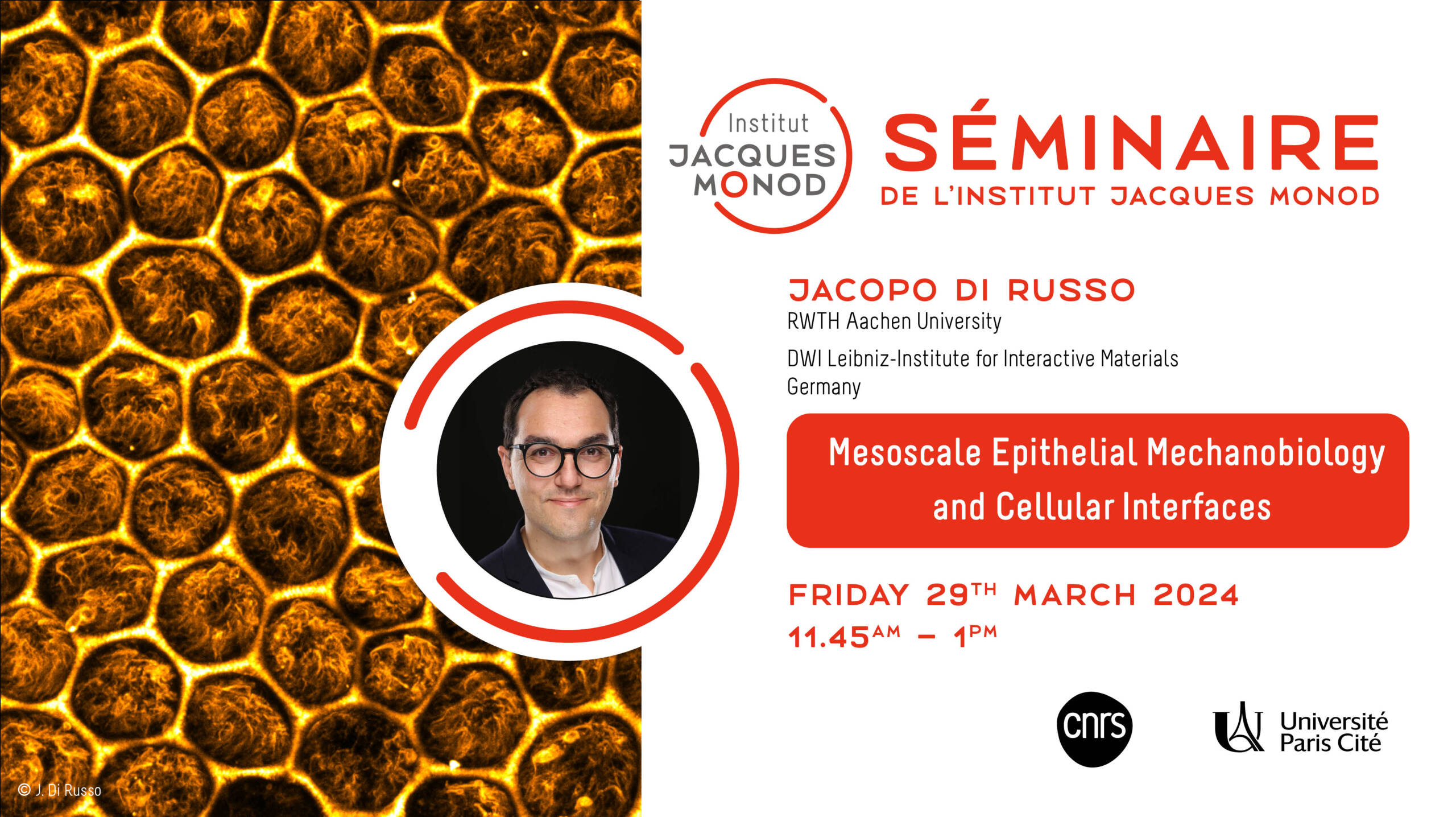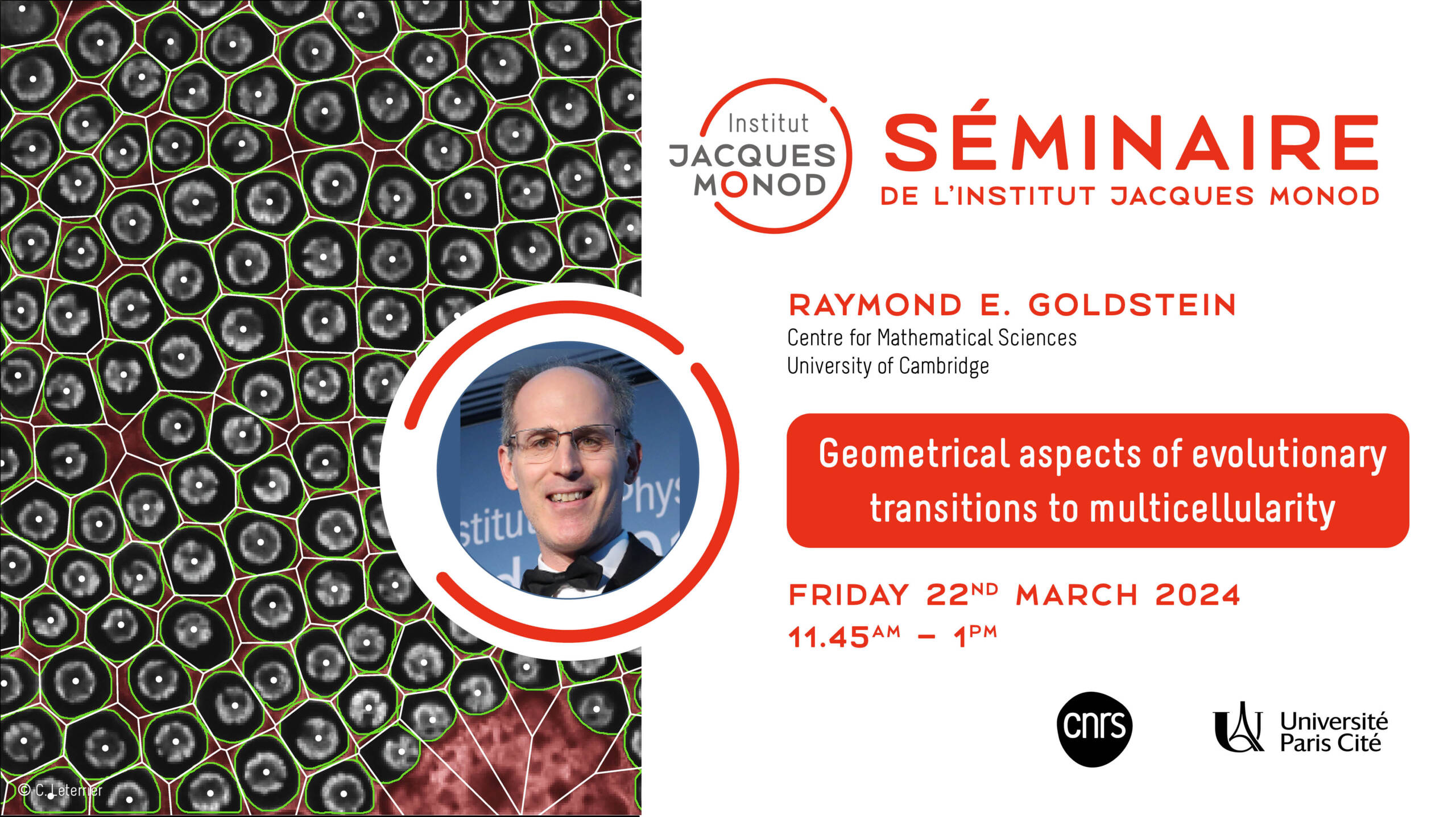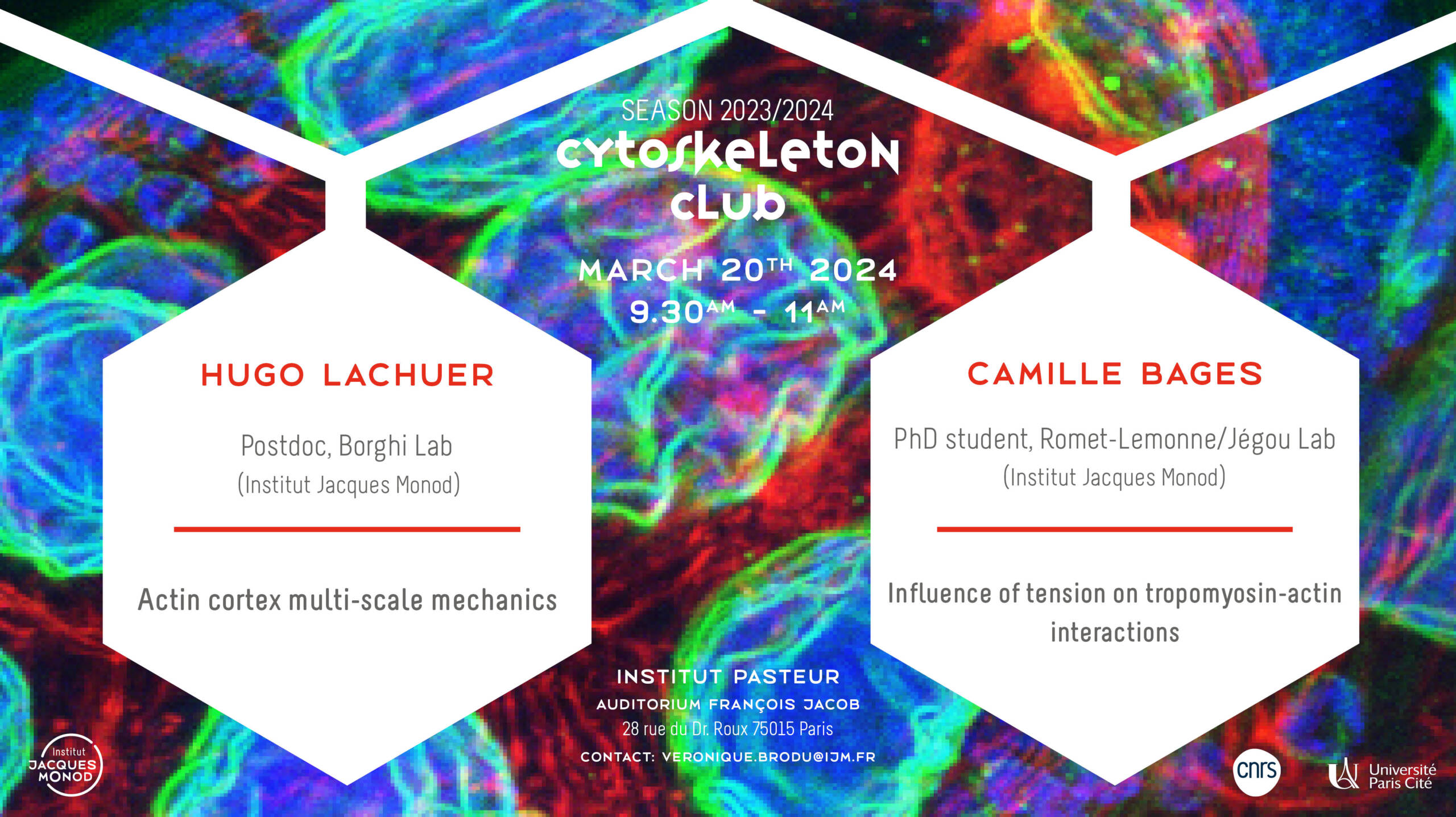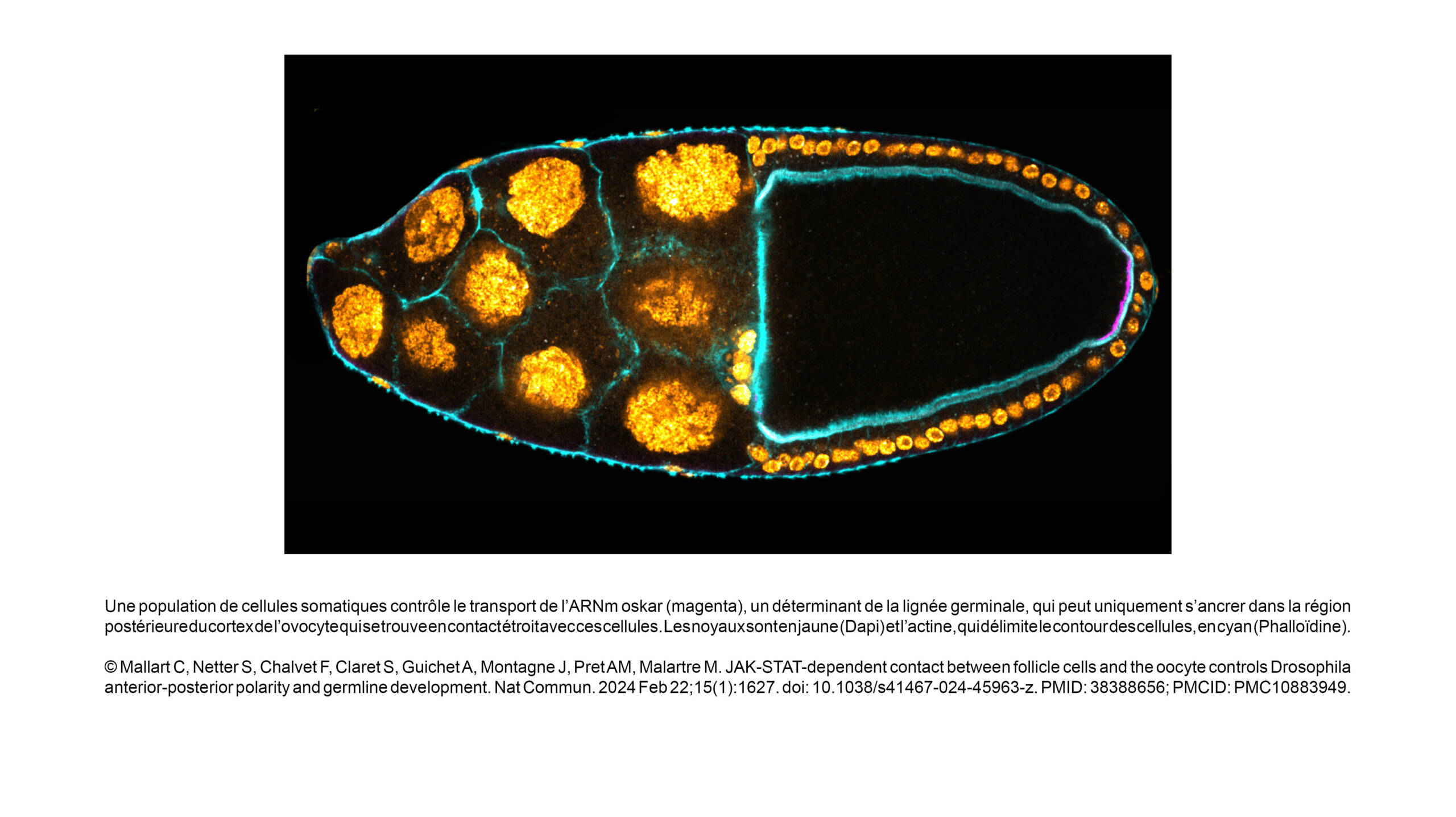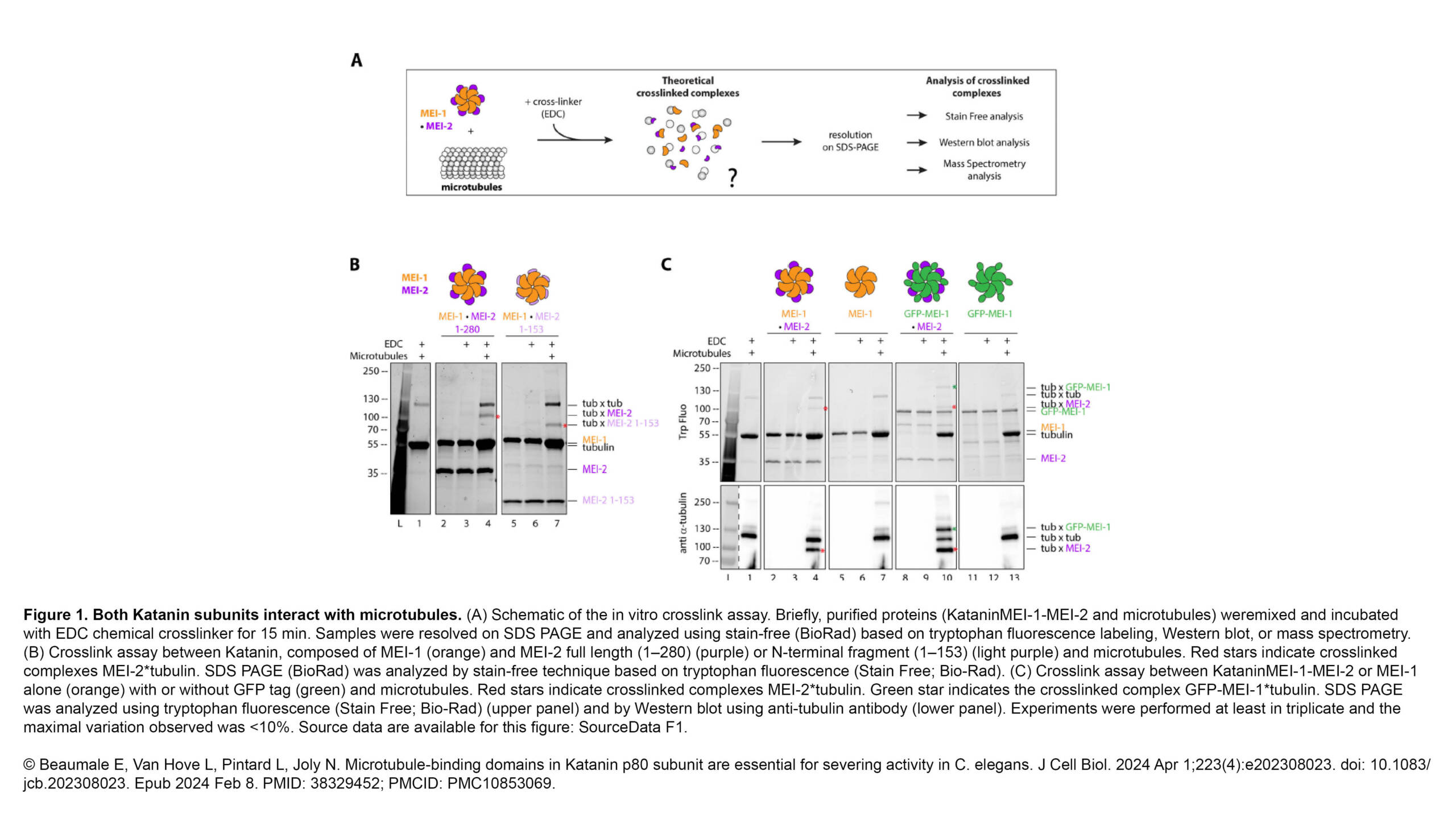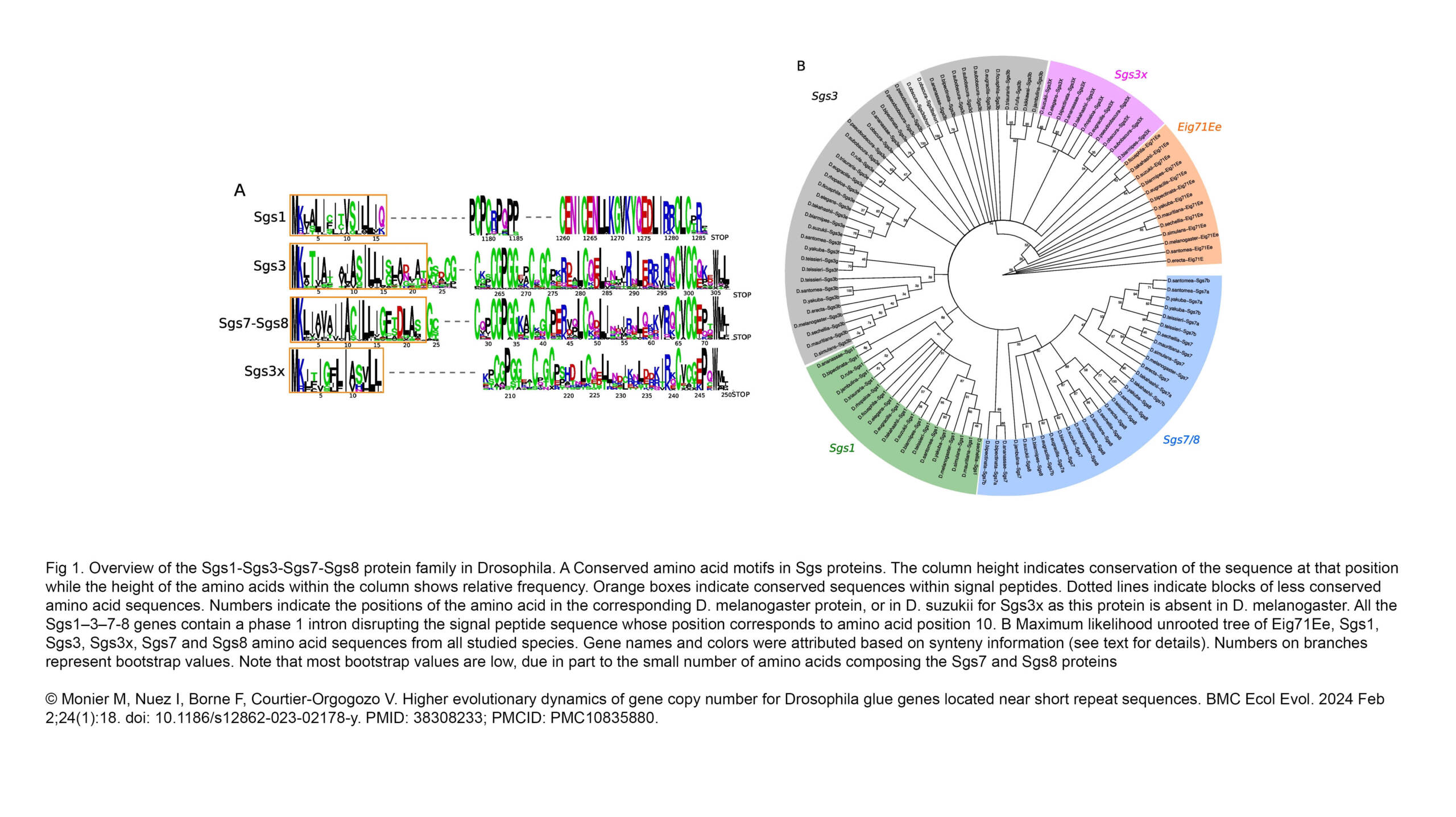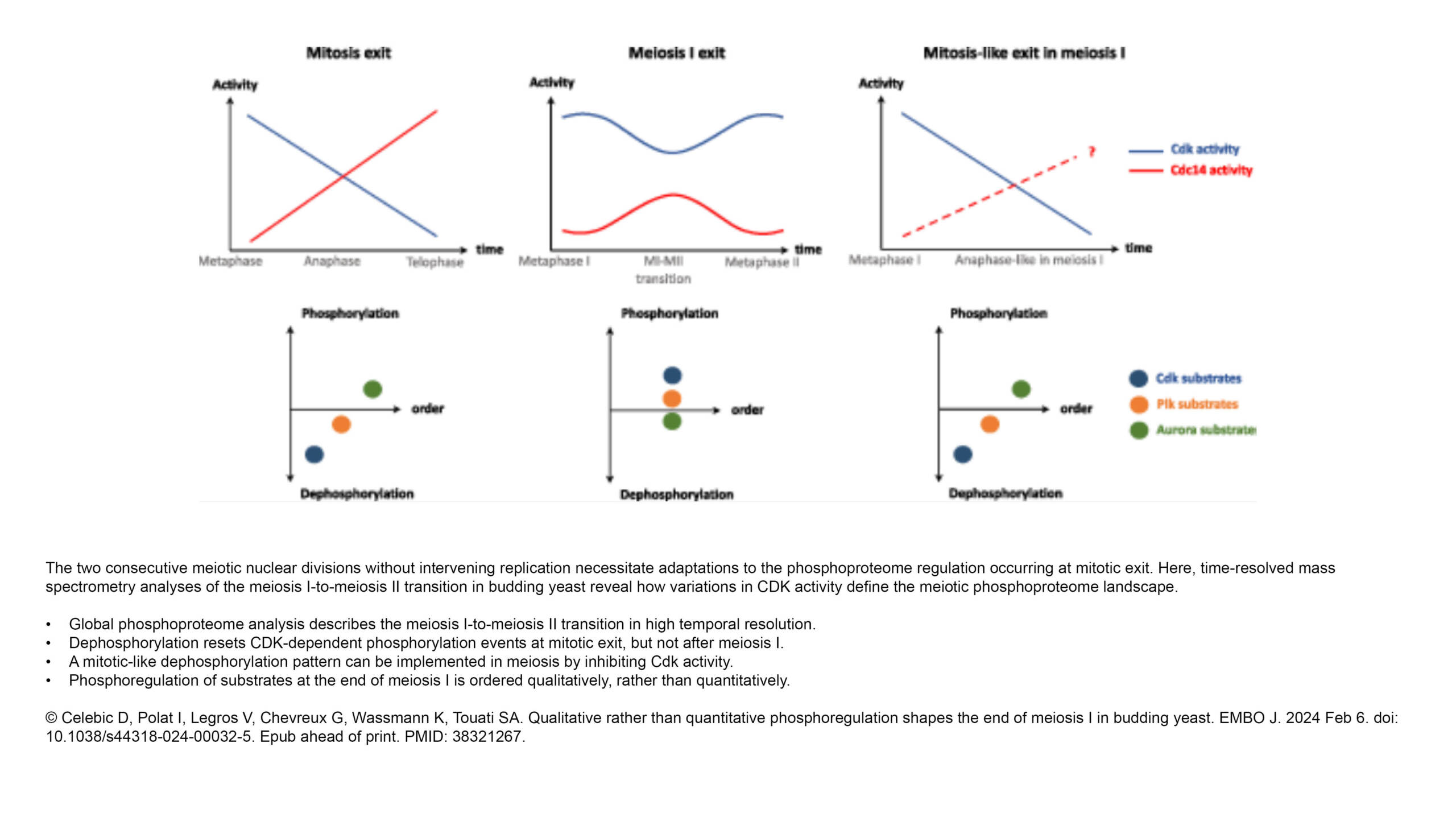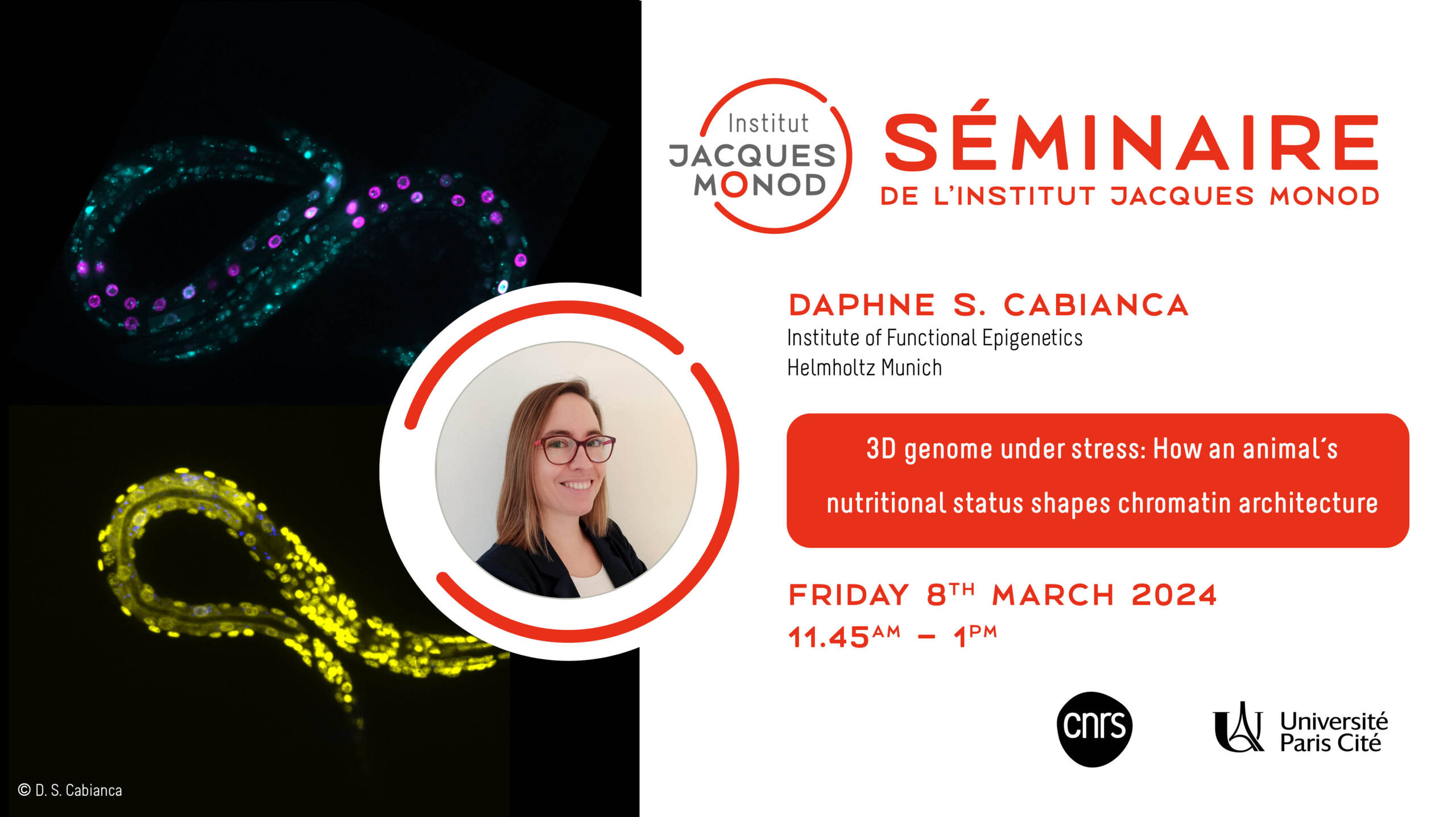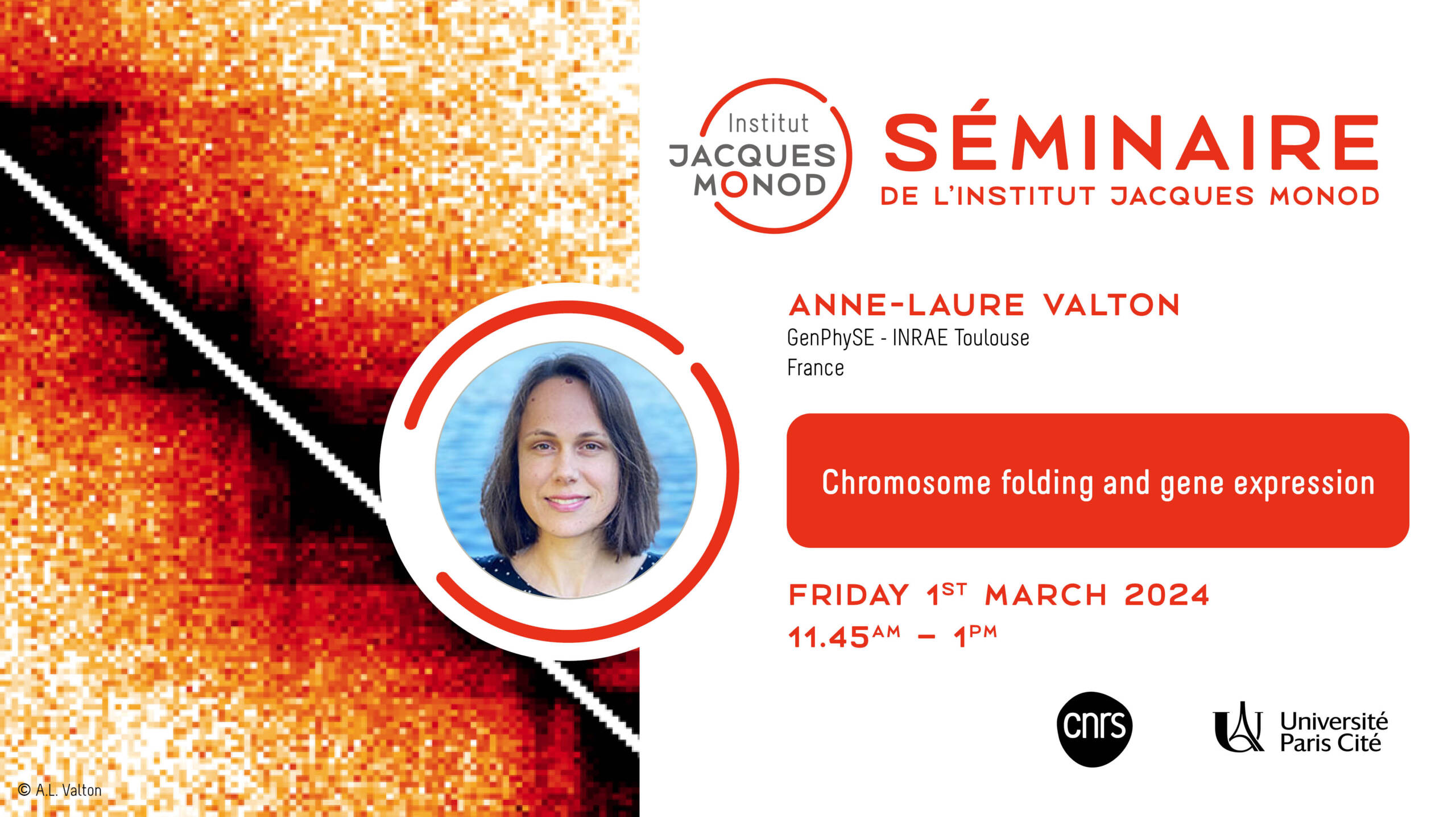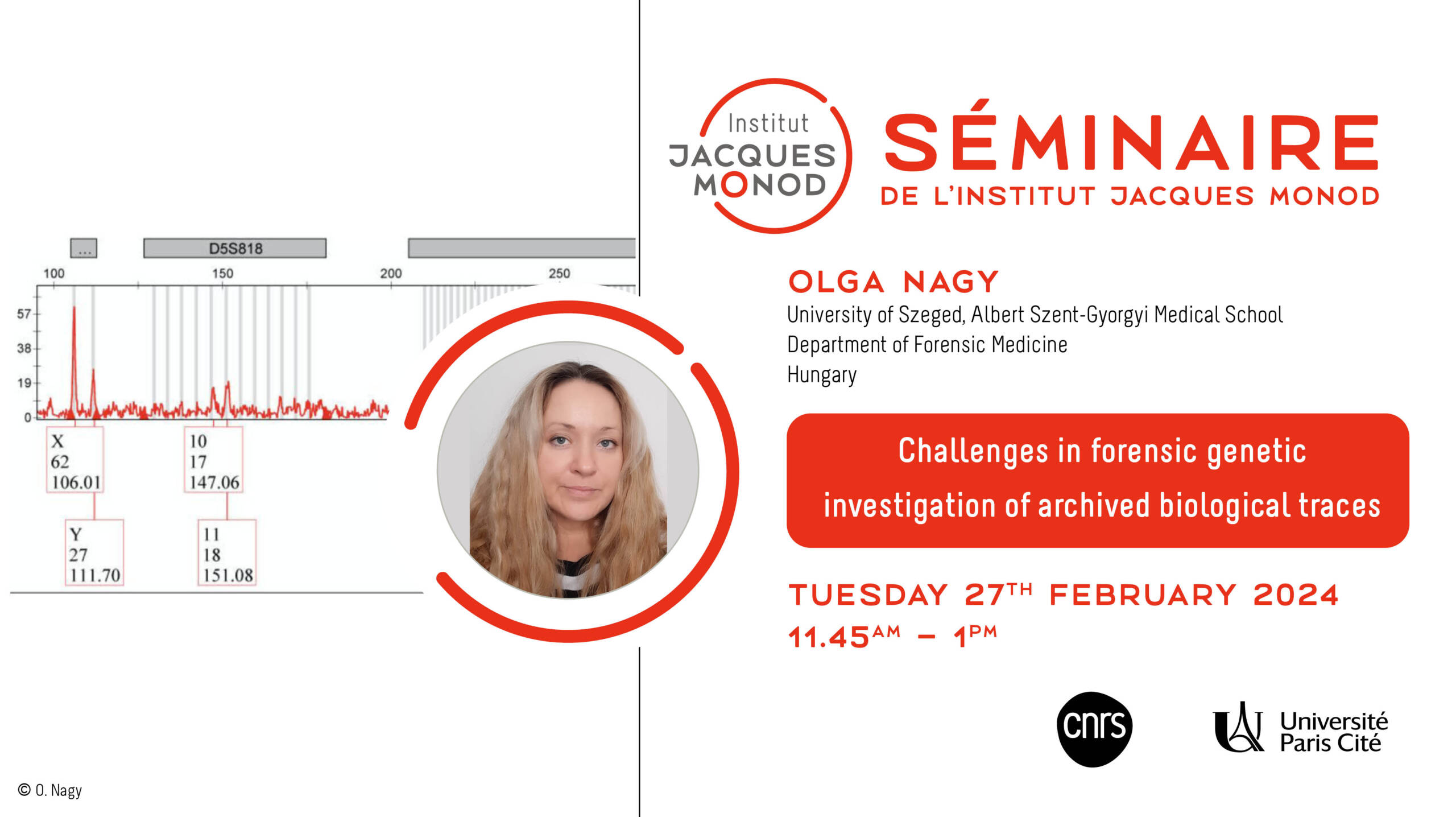Invited by the Ladoux/Mège Lab, Jacopo Di Russo (REMeD lab - Interdisciplinary Centre for Clinical Research, RWTH Aachen University and DWI – Leibniz-Institute for Interactive Materials) will present an IJM seminar on the theme:
Mesoscale Epithelial Mechanobiology and Cellular Interfaces
Abstract:
Mechanical properties regulate tissue functions at a multicellular length scale or mesoscale. These properties depend on…
